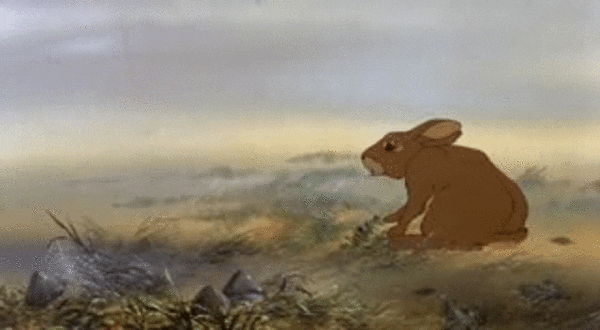Richard Adams, known primarily as the author of Watership Down and Shardik, has died at the age of 96. His family announced the death on their website earlier this afternoon.
If you’ve never read Watership Down, now is the time. Don’t be deterred by its classification as children’s literature: It’s deep and strange and sad. Adams’s tale begins simply enough—a band of rabbits sets out to find a new home—but it weaves in religion, environmental destruction and trauma before its triumphant (if somewhat emotionally manipulative) end. Adams even developed a mythos for his rabbit cast.
It’s difficult not to read a political message in Watership Down; human beings are the reason the rabbits are on the run at all. Their destructive habits repeatedly pose a threat to our furry heroes. Adams, however, rejected political interpretations of his work. “It was meant to be just a story, and it remains that,” he told the Guardian last year. “A story, a jolly good story I must admit, but it remains a story. It’s not meant to be a parable. That’s important, I think. Its power and strength come from being a story told in the car.”
Watership Down may not be a parable, but the journey at its heart has specific resonance in the era of climate change. And Adams seemed to understand that resistance to anything—whether it be environmental change or institutional resistance—is chiefly a feat of imagination.
